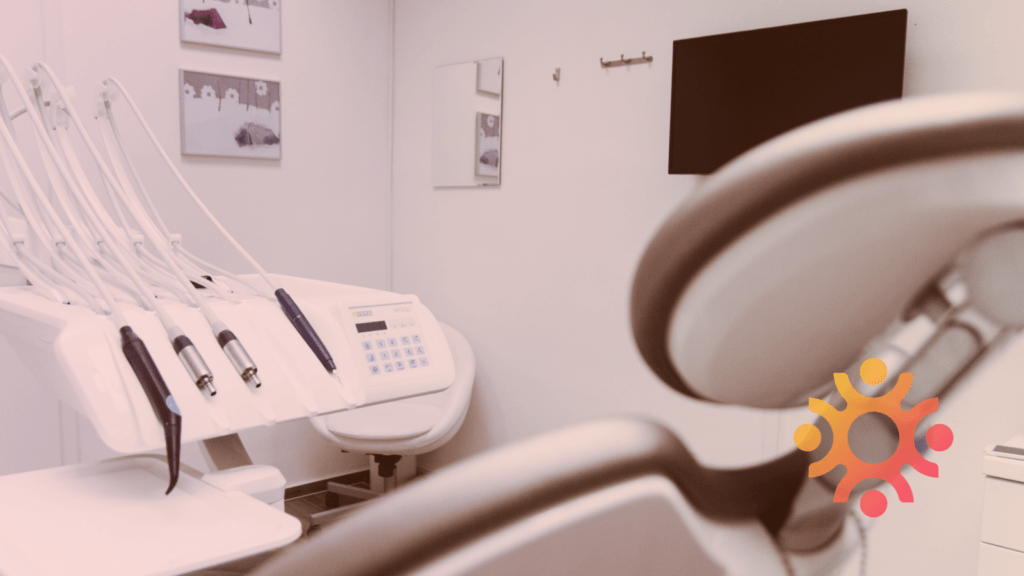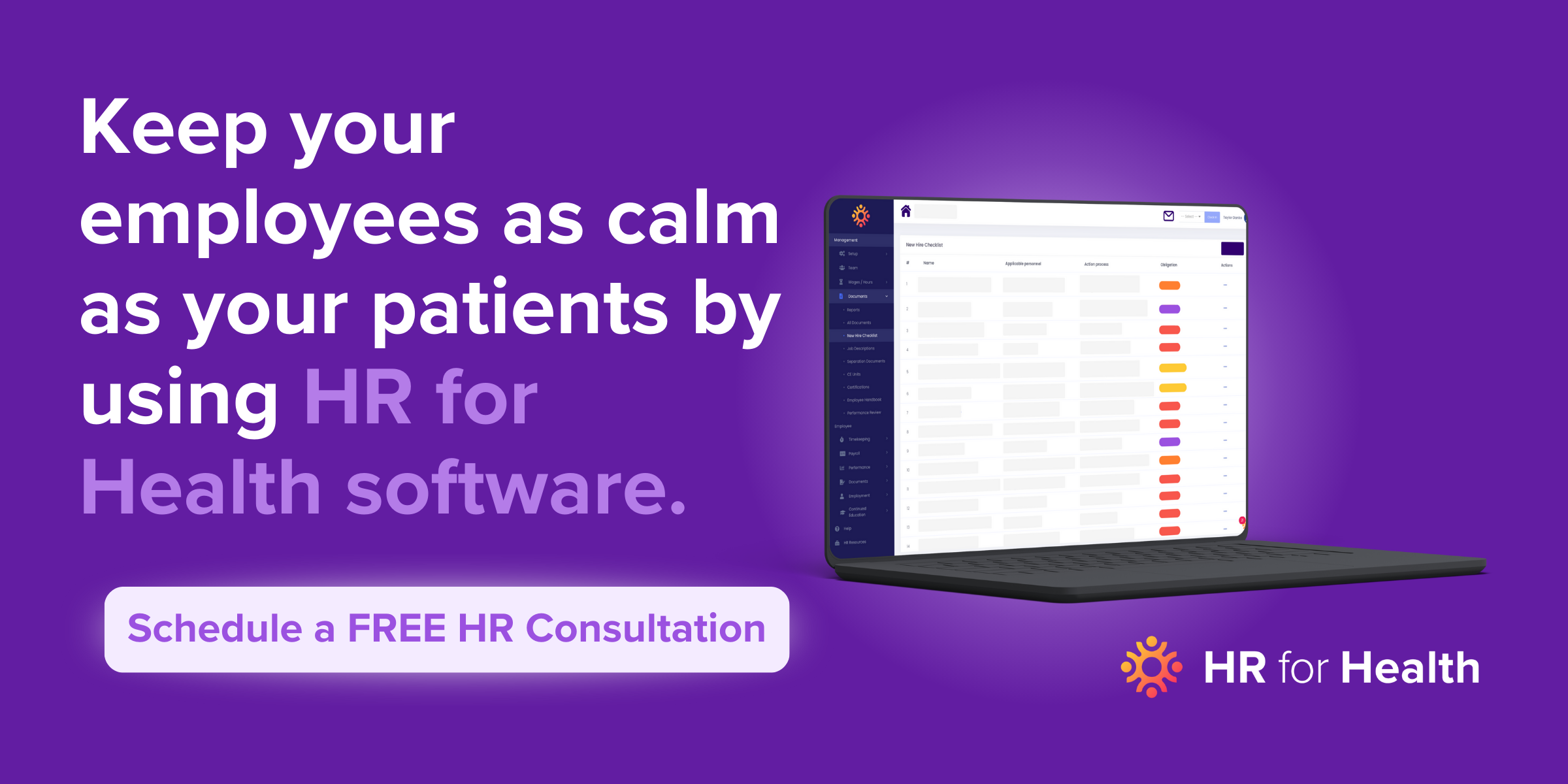As society makes strides towards wellness and comfort, many industries aren’t far behind. One intriguing integration of relaxation and healthcare is something we call a ‘Dental Spa.’ This blog post aims to delve into the world of dental spas – discussing what they are, the services they offer, an overall look at them, what’s included, their benefits, and finally, the necessity for such establishments to have an efficient HR system like HR for Health.
What Is A Dental Spa?
In its most rudimentary form, a dental spa refers to a dental facility aiming to offer an affluent, relaxing, and peaceful environment for its patients. Incorporating spa principles and ambiance into dental procedures transforms the entire experience from nervousness and apprehension to tranquillity and comfort.
The History and Growth of Dental Spas
Dental spas, now a rising phenomenon, represent a rather unique trajectory in oral health care history. By fusing a traditionally clinical field with the tranquility of a spa setting, they have revolutionized the industry and evolved as an intriguing solution to the age-old fear of dentists.
The Emergence of Dental Spas
The initial concept of dental spas traces its roots back to the mid-1990s when the oral healthcare industry began identifying and responding to the widespread fear of dental treatment. In an endeavor to create a patient-centric model of care, dental practices toyed with the idea of integrating spa-like elements into their settings to offer a relaxing and soothing environment to make patients feel more at ease.
The Evolution of Dental Spas
Over the years, dental spas have matured and diversified in their approach, offering in-chair comforts and burgeoning services like private recovery suites, on-site nutritionists, and personalized patient care. From merely offering hand and foot massages alongside dental treatments, modern dental spas are now equipped with advanced amenities like aromatherapy, sound therapy, and even hydrotherapy.
The Rise in Popularity
Several factors have contributed to the rising popularity of dental spas.
Consumer-Focused Treatment: The primary reason behind successful dental spas is their orientation towards the unique needs of modern consumers. They provide personalized dental service, making patients feel pampered and cared for.
Calming Environment: For those with dental fear or anxiety, dental spas are a sanctuary. By offering tranquil surroundings and relaxing treatments, dental spas have succeeded when it comes to the dread and discomfort associated with conventional dental clinic visits.
Health and Wellness Trend: The growth of dental spas mimics the rise of health and wellness trends worldwide. With an increasing emphasis on self-care and wellness, consumers appreciate the effort to incorporate these elements into their dental experiences.
Comprehensive Care: Aside from standard dental procedures, dental spas often provide a holistic healthcare approach, including nutritional advice, stress management, and aesthetic services.
Overall, dental spas have carved their niche in modern dentistry. What makes them remarkable is their ability to integrate relaxation and professional medical care, eliminating the fear factor linked with dental visits. The way forward suggests further growth in this area, potentially making dental spas a fixture in mainstream dental care.
Dental Spa Services
A dental spa offers a plethora of dental services, similar to any traditional dental practice, such as cleanings, fillings, orthodontic treatments, and oral surgeries. But what makes it markedly different are the additions of spa services. This can include massages, reflexology, aromatherapy, facial and skin care treatments, among others, all aimed at successfully eliminating anxiety and fear while promoting relaxation.
What’s Included At Dental Spas
Apart from routine dental treatments, dental spas place immense focus on patient comfort with the integration of relaxation techniques and amenities. These might include:
Comfortable seating options
Enjoyment of aesthetically pleasing interiors
A relaxing pre-appointment massage
Headphones with soothing music
Calming ambiance with aromatherapy
Meditation aids
The Benefits Of A Dental Spa
Dental spas can drastically improve your dental care experience due to their manifold benefits:
Reduced stress: The calming environment and additional spa services help to minimize your stress and anxiety during your visit.
Well-rounded treatment: Dental spas often include nutrition advice, anti-aging treatments, or other wellness-focused offerings.
Higher quality care: Luxury treatments and a relaxing environment often signify more personalized, attentive dental service.
How Dental Spas Reduce Anxiety by Addressing Sensory Triggers
Dental spas significantly alleviate anxiety for many patients by targeting and reducing sensory triggers such as visual, auditory, olfactory, and tactile sensations. Let’s explore how dental spas successfully reduce anxiety by creating a more balanced sensory experience.
Visual Triggers
Traditional dental offices often feature sterile clinical environments that can heighten patient nervousness. Dental spas, on the other hand, prioritize creating a visually soothing atmosphere. Features such as subdued lighting, warm color schemes, and nature-inspired decor soften the environment, helping patients to feel more relaxed and at ease.
By eliminating dental-specific visual cues that might remind patients of their anxiety – such as excessive medical equipment or posters with dental jargon – and replacing them with calming images and designs, dental spas effectively address and reduce visual triggers.
Auditory Triggers
Amplified sounds of dental procedures and the background noise in dental offices often contribute to anxiety. Dental spas attempt to mitigate these auditory triggers by masking or minimizing them. Soundproofing the rooms and providing patients with noise-canceling headphones or soothing music can significantly alleviate patient unease. By focusing on creating a serene auditory experience, dental spas enable patients to disassociate from the noise of dental procedures and instead immerse in a peaceful ambiance.
Olfactory Triggers
Certain smells, such as antiseptics and dental materials, can trigger anxiety in some patients. Dental spas counteract olfactory triggers by incorporating soothing scents via aromatherapy. Aromatic essential oils, fragrant candles, or air fresheners are used throughout the facility to produce a relaxing, calming environment. In doing so, they create a multisensory experience, significantly reducing the impact of anxiety-inducing dental office odors.
Triggering Sensations
Dental procedures can bring about various triggering sensations for different patients, from the prolonged pressure of the dental chair to fear of the potential pain. Dental spas address these concerns by offering various amenities that cater to the needs of patients. Heated, massaging dental chairs, warm blankets, stress balls, and even hand and foot massages contribute to a more comfortable experience. By integrating familiar, comforting sensations, dental spas reduce the impact of triggering sensations from dental procedures, thus creating a more enjoyable patient experience.
Dental spas conscientiously reduce anxiety for their patients by acknowledging and addressing potential sensory triggers. By creating a multisensory experience encompassing visually soothing aesthetics, calming sounds, pleasant scents, and comfortable sensations, dental spas cultivate a more relaxed atmosphere for patients. This holistic approach to dental care reduces anxiety and makes dental visits something to look forward to.
Why Dental Spas Should Have HR Software Like HR For Health
While patients enjoy an oasis of calm, managing dental spa operations can be quite complex behind the scenes. As such, it is crucial for dental spas to have efficient HR software like HR for Health.
With numerous employees ranging from dentists, nurses, spa staff, and administrative personnel, an HR software system can streamline the workforce management process, ensuring efficient scheduling, handling payroll and benefits, addressing healthcare compliance, and improving communication and task assignment.
Moreover, HR software facilitates strategic decision-making by providing analytics that help to identify trends and forecast workforce needs. Thus, HR for Health is not just an HR handling tool, but a comprehensive solution offering a win-win situation for both – the dental spa and its employees.
In conclusion, dental spas with their array of dental and spa services offer a unique niche in the world of oral healthcare – providing dental services and an enclave for relaxation and rejuvenation. With an HR software, they can ensure the smooth operations that fuel this relaxing oasis. Inclusive of dental spa services in your dental care can transform an oft-dreaded healthcare necessity into a gentle caress for your physical and mental well-being.



